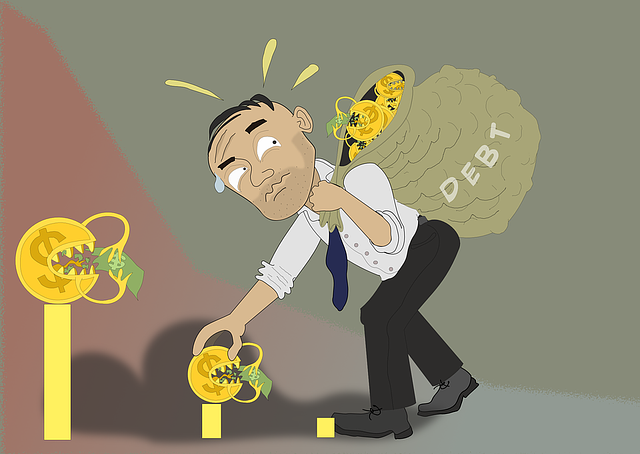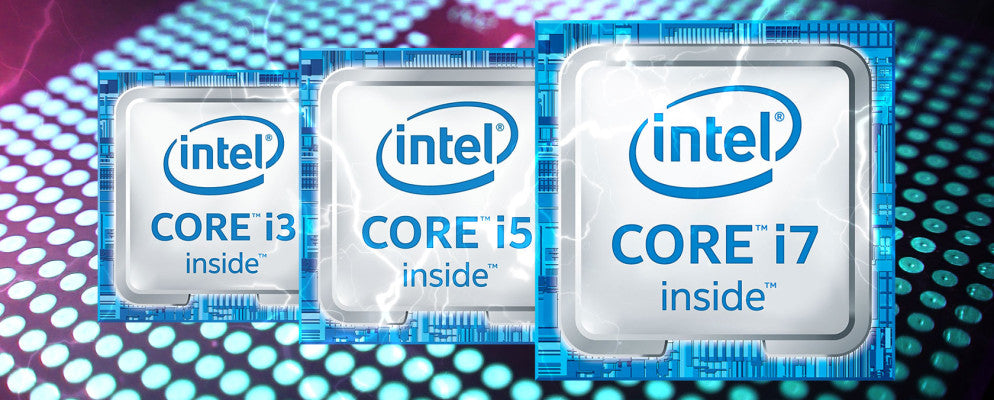How to Pay Off Debt Fast With Low Income?

Introduction
Debt may be an immense burden on anyone’s financial well-being, but for those with a low income, it can feel more difficult. The good news is that no matter how much you make, there are effective strategies you may take to pay off debt quickly and get back control of your money. In this post, we will talk about practical measures and strategies that may help you fight your debts and move towards a debt-free future, even with a low income.
People go into debt for a number of reasons. Regardless of whether you have growing credit card bills from previous financial mistakes educational institutions loans, medical costs, or anything else, debt may seem all-consuming and absolutely overwhelming. Yet, did you know that it’s possible to pay off every single cent you owe? It’s not always simple, but with enough determination and devotion, you can pay off your debt, save more money, and better your whole financial status.
But how can you do it? How can you get rid of debt on a low income? Follow these eight steps.
Develop a “minimum needs” budget
A “minimum needs” budget is a budget that includes simply the necessary living expenses, such as rent, food, and debt-repayment. It should be comparatively bare-bones and should remove any non-essential expenses.
To establish your budget, you first must calculate the cost of your normal living costs.
These are costs you can’t cut out — bills which have to be paid every single month, including rent, food, and utilities.
As you build your budget, look at if there is any way you can attempt to minimize your costs. For instance, if you have an extra bedroom, can you locate a roommate to save money on rent or your mortgage? Can you cut your shopping expenditure by clipping coupons and joining up for your grocery store’s loyalty program? Perhaps you might consider cutting off cable to save hundreds, if not thousands, of dollars per year. Every little amount can help. The objective of a basic needs budget is to free up as much cash as you can. Any money that you have to spare may be placed towards paying off your debt.
To help you get underway, start budgeting on a spreadsheet or use a budget software. And remember: no matter how you choose to manage your money, the most essential thing is to make a budget and stick to it.
Create a Debt Repayment Plan
Once you’ve evaluated your bills and have a clear budget in place, construct a debt repayment plan. This plan should specify how much you’ll pay each month towards each loan. Prioritize your debts by placing them from highest to lowest interest rates or from smallest to greatest sums. The debt with the highest interest rate should normally be your first priority since it costs you the most money over time. Stick to your plan and make regular payments to see growth over time.
Focus on increasing your income
Cutting down on your expenditures definitely helps you pay off debt quicker. But unfortunately, there is only so much you can take out.
One way to pay off debt quickly is to cut your costs and boost your income at the same time. Then, utilize your freed up cash to make additional payments at your debt. There are many of ways you can increase your income. For you, maybe it means getting a better earning 9 to 5 work. Or, you might start side working to make a few additional hundred bucks per month. These are just a few ideas to get you started:
Drive for Uber or Careem etc
Babysit on the weekends
Start blogging or freelance writing
Have a garage sale
Mow laws
Pick up part-time or seasonal job
Once you start earning more money, put the whole amount of additional income towards your debt. You’d be pleasantly surprised at how much quicker you can advance when you can invest $100, $500, or even an additional $1,000 a month towards your debt.
Avoid debt payoff scams.
Here’s the deal: there are lots of companies out there that know you’re in a difficult place. They’re wolves on the search for and they’re ready to attack so they can earn money from your position. This. Is. Crap. Don’t fall for the fraudulent activities.
Here are some examples of debt payback strategies to avoid:
Personal loans: Don’t take out a loan from a bank, a family member or a friend to pay off your debt. That’s going backward.
Credit cards: Avoid credit card balance transfers or attempting to manage your debt by paying off a loan with a credit card. It generally implies higher interest (and greater debt) in the end.
Debt consolidation: This looks like a smart idea at first since you’re combining your loans into one payment—but that one payment might come with more interest and a longer repayment period, which means you’re in debt even longer.
HELOC: This is when you borrow against the equity in your house and you’re effectively swapping what you truly own for extra debt.
They’re all offering financial relief, yet all they provide is more sorrow. Stay far, far away.
Conclusion
Paying off debt rapidly with a low income is certainly a hard effort, but it’s far from impossible. By making a budget, managing your bills, negotiating with creditors, decreasing costs, and finding methods to raise your income, you may make significant progress toward financial independence. Remember that every very small step you take puts you closer to your objective of being debt-free, helping you to establish a healthier financial future.



